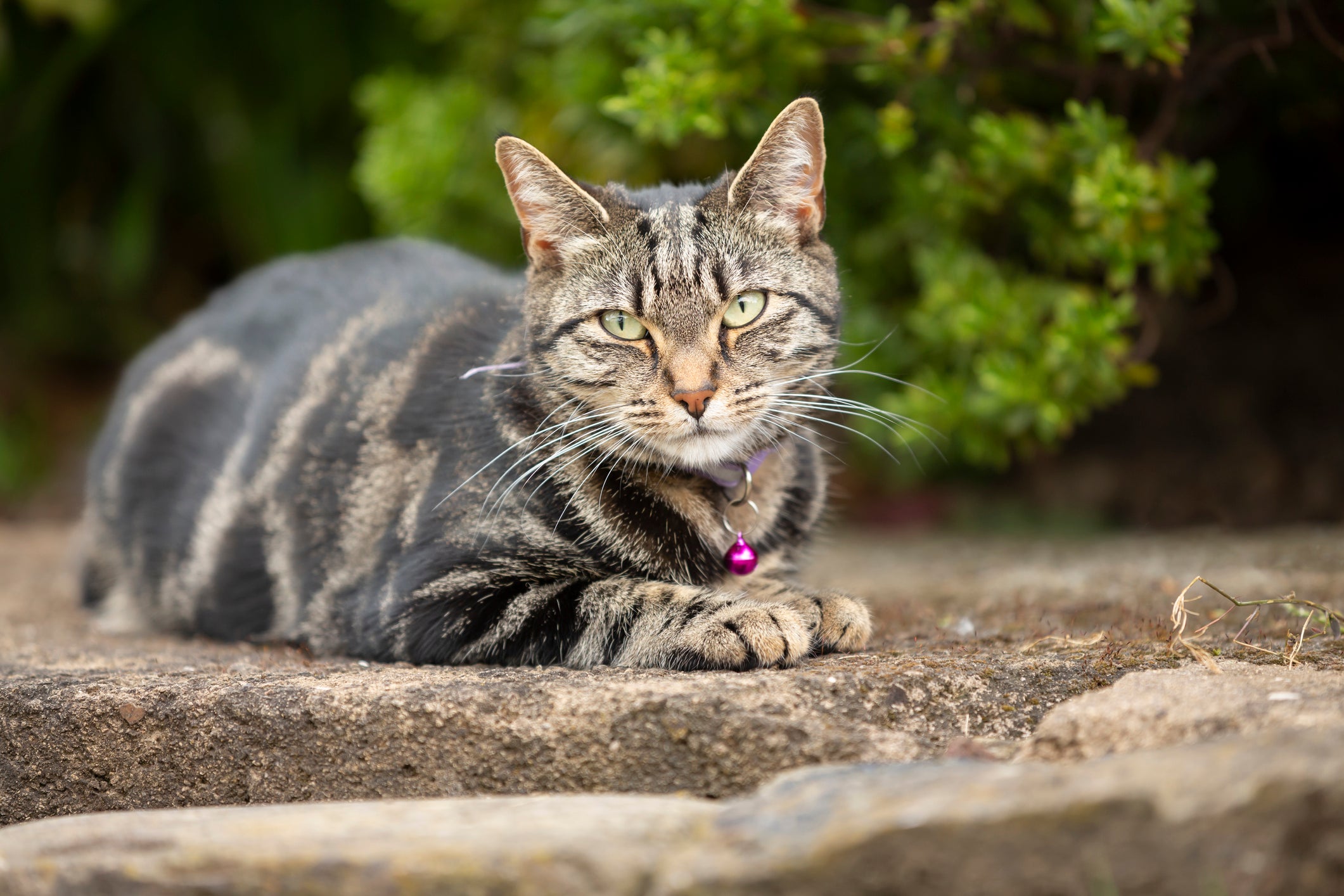Polish scientists spark uproar by labelling cats an invasive alien species
‘I have a dog, but I don’t have anything against cats,’ says scientist behind divisive decision

Your support helps us to tell the story
From reproductive rights to climate change to Big Tech, The Independent is on the ground when the story is developing. Whether it's investigating the financials of Elon Musk's pro-Trump PAC or producing our latest documentary, 'The A Word', which shines a light on the American women fighting for reproductive rights, we know how important it is to parse out the facts from the messaging.
At such a critical moment in US history, we need reporters on the ground. Your donation allows us to keep sending journalists to speak to both sides of the story.
The Independent is trusted by Americans across the entire political spectrum. And unlike many other quality news outlets, we choose not to lock Americans out of our reporting and analysis with paywalls. We believe quality journalism should be available to everyone, paid for by those who can afford it.
Your support makes all the difference.A Polish scientific institute has added domestic cats to its national database of “invasive alien species”, causing fur to fly as animal lovers sought to defend their beloved pets.
Felis catus, the scientific name for the common house cat, was added to the database earlier this month.
The database already had 1,786 other species listed with no objections, reported the Associated Press on Tuesday.
The decision to add cats, however, proved divisive and lead to the Polish Academy of Sciences publishing a blog post on its website addressing the “controversy” and citing the damage cats cause to birds and other wildlife.
As far as categorising cats as “alien”, the institute noted that “Felis catus” was domesticated probably around 10,000 years ago in the cradle of the great civilisations of the ancient Middle East, making the species alien to Europe from a strictly scientific point of view.
The institute stressed that it was “opposed to any cruelty towards animals”. It also argued that its classification was in line with European Union guidelines.
Wojciech Solarz, a biologist at the institute, said he was not prepared for the backlash from the public, but believes the uproar may have come from some media reports that created the false impression his institute was calling for feral and other cats to be euthanised.
Despite the controversy, the institute’s decision is part of a growing scientific consensus that domestic cats have a harmful impact on biodiversity given the number of birds and mammals they hunt and kill.
The criteria for including the cat among alien invasive species, “are 100 per cent met by the cat”, Mr Solarz said.
In a television segment aired by independent broadcaster TVN, the biologist faced off last week against a veterinarian who challenged his conclusion on the dangers cats pose to wildlife.
Dorota Suminska, the author of a book titled The Happy Cat, highlighted other causes of shrinking biodiversity, including a pollution and urban building facades that can pose a threat to birds.
“Ask if man is on the list of non-invasive alien species,” Ms Suminska said, arguing that cats were unfairly assigned too much blame.
Mr Solarz argued that cats kill about 140 million birds in Poland each year.
The institute also stressed that all it was recommending was for cat owners to limit the time their pets spend outdoors during bird breeding season.
“I have a dog, but I don’t have anything against cats,” Mr Solarz said.
Join our commenting forum
Join thought-provoking conversations, follow other Independent readers and see their replies
Comments